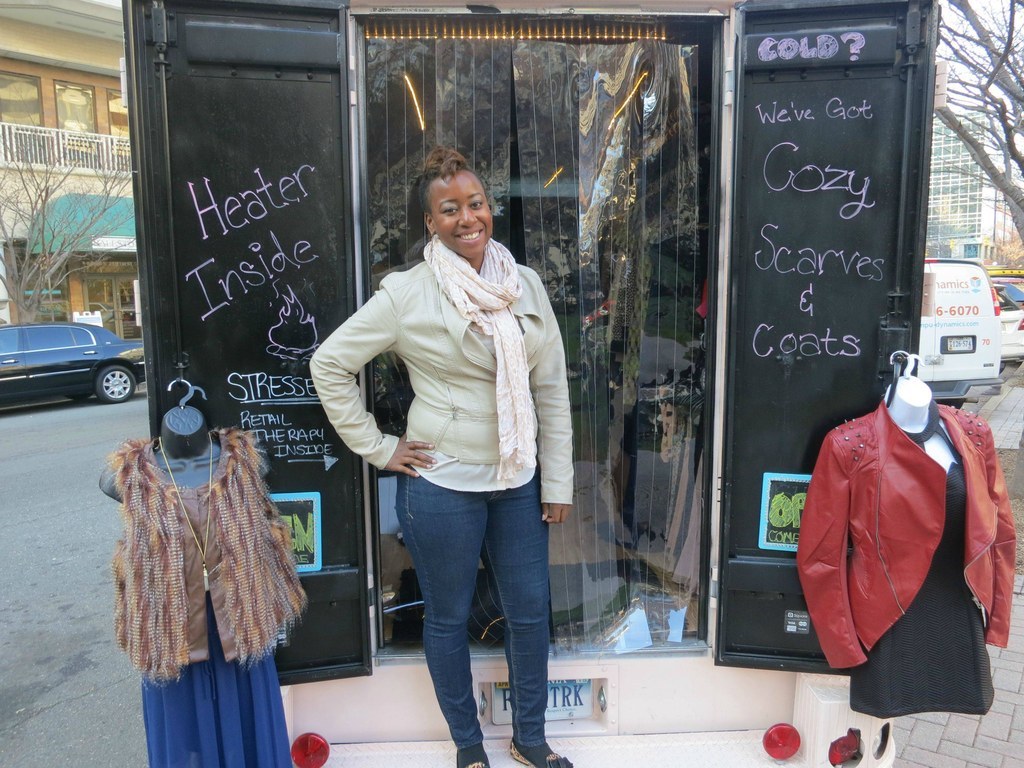1. Meals on Wheels—Food Trucks Can Be a Great Source of Charity
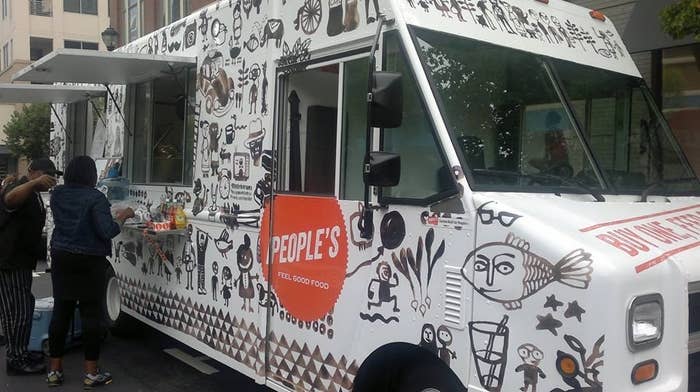
2. Food Trucks are Just as Clean—If Not Cleaner—Than Restaurants
View this video on YouTube
A new report by the Institute for Justice, Street Eats, Safe Eats, went over more than 260,000 inspection reports of food trucks, food carts, restaurants and other food establishments in seven major U.S. cities. In every single city surveyed—Boston, Las Vegas, Los Angeles, Louisville, Miami, Seattle and Washington, D.C.—mobile vendors were just as clean and safe as their brick-and-mortar counterparts. In fact, food trucks and carts actually had fewer health and safety violations than restaurants in all of those cities, save Seattle, where they tied.
3. Food Trucks are an Almost Billion-Dollar Industry

A market research report by IBISWorld found that food trucks are generating over $800 million in revenue nationwide. Meanwhile, Intuit predicts that by 2017, food trucks will be doing $2.7 billion worth of business.
Maybe it is time to rebalance your stock portfolio.
4. Some Cities Mandate GPS Tracking Devices on Food Trucks
View this video on YouTube
In what sounds like the NSA’s version of The Great Food Truck Race, Boston, Chicago and Cranston, Rhode Island all require food trucks to attach GPS tracking devices before they can vend. Food trucks are forbidden from selling within 200 feet of any brick-and-mortar restaurant in Chicago. So the devices help the city enforce that ban. But GPS devices can be off by as much as 30 feet. The Institute for Justice is suing Chicago over this particularly Orwellian form of crony capitalism.
5. Food Truck Food Is Incredibly Unique
Since it's a lot cheaper to open a food truck than a brick-and-mortar restaurant, it means more entrepreneurs have the opportunity to experiment and whip up some really creative dishes like:

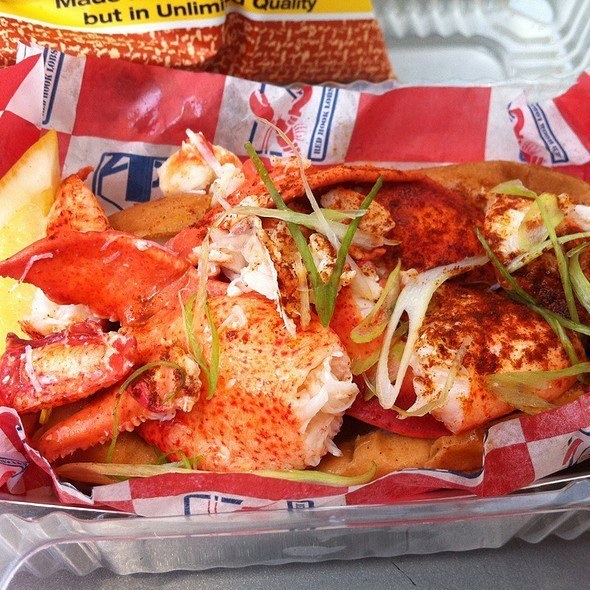
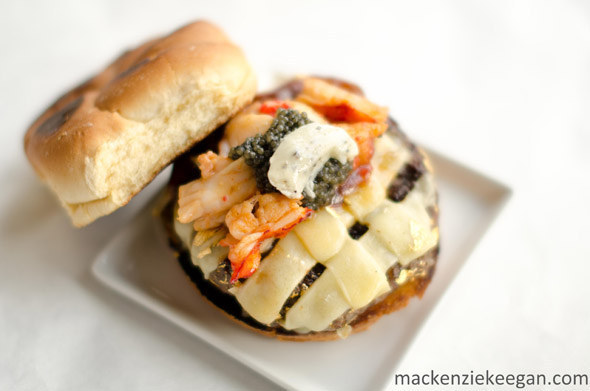
6. Carl’s Jr. Started Out as a Mobile Vendor
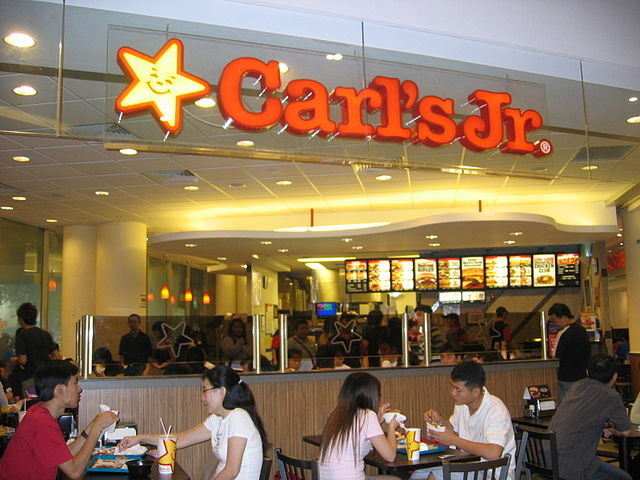
7. Food Trucks are Severely Limited in Dozens of Cities

Even though food trucks are very popular, way too many cities are overregulating these mobile vendors. Many of these regulations don't do anything for consumers—they exist to protect brick-and-mortar restaurants from the competition.
IJ's report, Street of Dreams, found that 20 major U.S. cities have "proximity bans," which stop food trucks from selling near brick-and-mortars. (Of course, with that logic, Burger King should be banned to protect McDonald's from competition.) El Paso once prohibited food trucks from selling within 1,000 feet of any restaurant, grocery store and convenience store, but scrapped that ban after IJ filed a lawsuit.
Unsurprisingly, bad laws can drive food trucks out of business. Chicago's vending restrictions forced the Schnitzel King to close, though the owners are determined to avenge this regicide: They are still a part of an IJ lawsuit.
8. Food Truck Licenses Can Cost $20,000

Despite having over 8 million people, New York City only allows 3,000 street food vendors. Only 500 of those permits are issued to food trucks. Combining this cap with the enormous popularity of food trucks creates a permit shortage, with licenses fetching as much as $20,000 on the black market. That's more expensive than what some trucks cost.
9. More Businesses Are Going Beyond Food Trucks
